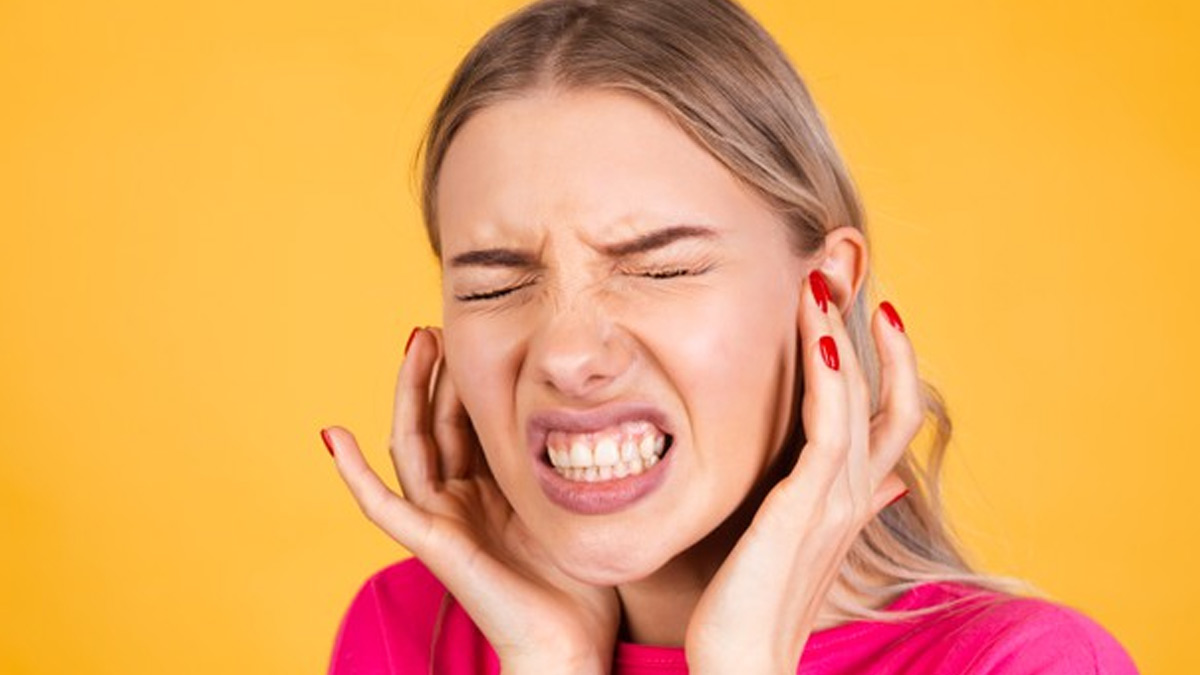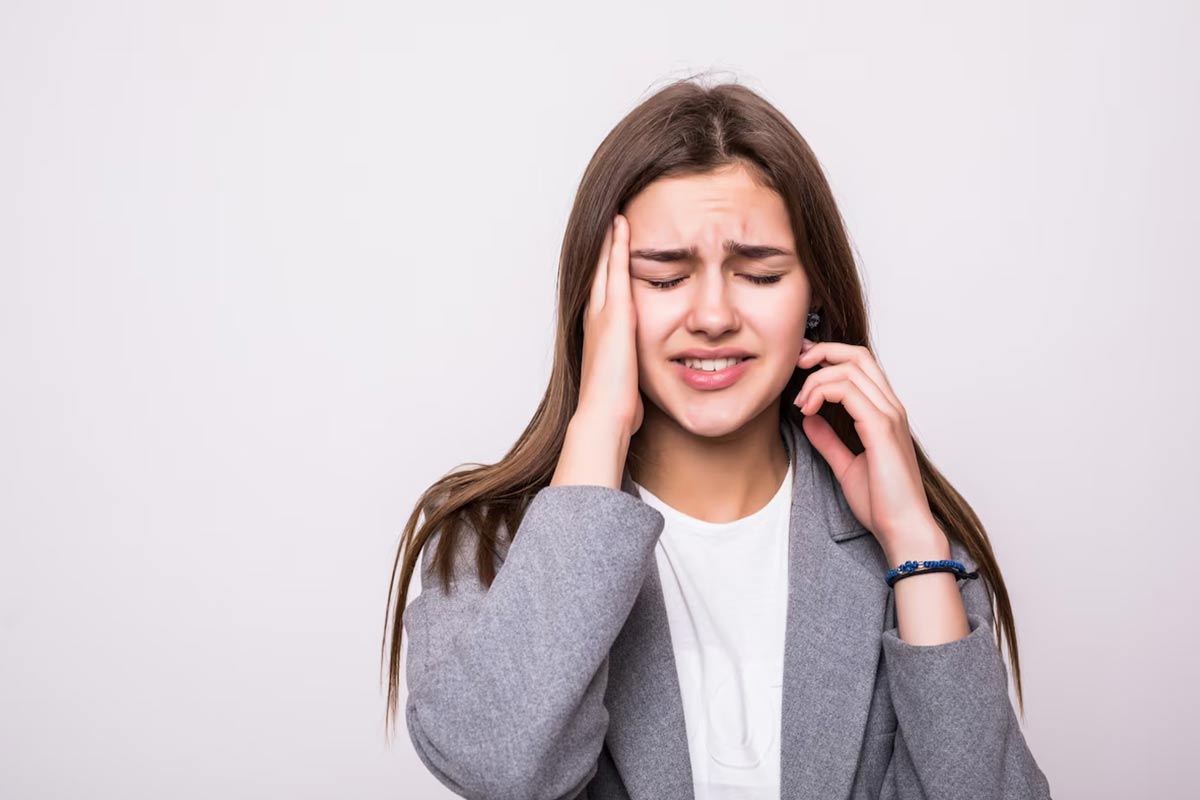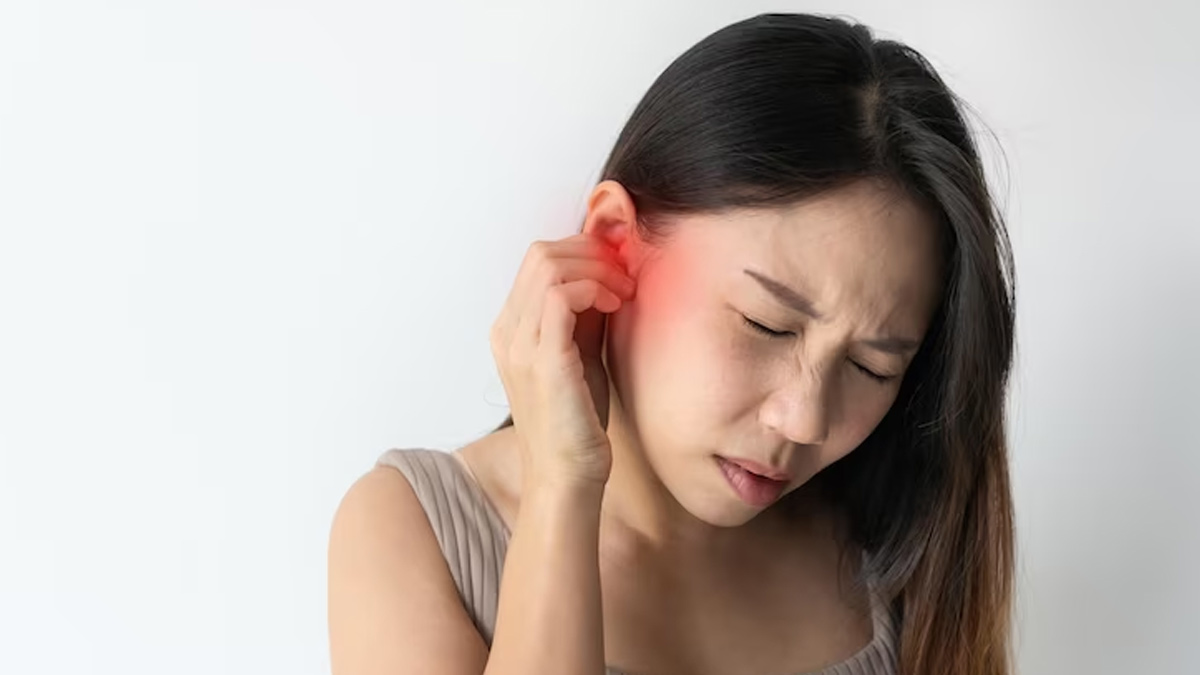
Traffic noise isn't just an annoyance; it can also pose a serious risk to your health, particularly your cardiovascular system. Prolonged exposure to loud traffic noise has been linked to various health problems, including heart disorders. Here's how you can protect your ears and promote better ear health in noisy environments.
Table of Content:-
We spoke to our expert Dr Rohit Saxena, HoD, ENT Department - Sharda Hospital to shed some light on the same. Here is what he shared with us.
Traffic Noise and Cardiovascular Disease
It's true—traffic noise can significantly impact your health, especially your heart. Constant exposure to loud traffic noise can lead to long-term health issues, increase stress levels, and disrupt sleep patterns. Studies have shown a direct correlation between traffic noise and an increased risk of cardiovascular diseases like hypertension, heart attacks, and strokes. The constant barrage of noise triggers the body's stress response, leading to elevated blood pressure and heart rate, which over time, can damage the cardiovascular system.
Tips for Better Ear Health
1. Invest in Good Earplugs
Whether you work in a bustling office or live in a noisy neighbourhood, quality earplugs can be your best friend. By reducing the volume of noise entering your ears, earplugs help protect your hearing and minimise the harmful effects of traffic noise.

Also Read: Icy Risks: 8 Reasons Why You Should Just Not Be Drinking Ice Cold Water in Summer
2. Avoid Noisy Environments
Whenever possible, steer clear of loud surroundings, especially during peak traffic hours. If feasible, consider relocating to a quieter area for both work and living spaces to reduce your exposure to excessive noise.
3. Use Noise-Cancelling Headphones
When you find yourself in noisy environments, consider wearing earbuds or headphones with noise cancellation features. These devices help create a more peaceful listening environment by blocking out unwanted sounds.
4. Limit Headphone and Earphone Use
While headphones and earphones can provide a personal audio experience, excessive use can damage your hearing. Keep usage to a minimum and avoid listening at high volumes to protect your ears.

5. Create a Calm Environment at Home
Designate a quiet and serene space at home where you can relax and unwind. Use soundproofing techniques such as acoustic panels, heavy drapes, or rugs to minimise noise transmission from outside.
Also Read: Icy Risks: 8 Reasons Why You Should Just Not Be Drinking Ice Cold Water in Summer
6. Practice Stress Management
Noise pollution can induce stress, but stress management techniques like deep breathing, meditation, or yoga can help mitigate its effects. Regular practice of these techniques not only reduces stress but also promotes overall well-being.
7. Get Regular Hearing Check-Ups
Schedule regular check-ups with an audiologist to monitor your hearing health. Early detection of hearing loss can prevent further damage and allow for timely intervention.
8. Take Breaks from Noisy Environments
Give your ears a break from loud noises whenever possible. Step outside or find a quiet spot to give your ears a chance to recover.
A Final Word
Traffic noise can be a significant health hazard, particularly for your cardiovascular system. By taking proactive steps to protect your ears and promote better ear health, you can minimise the harmful effects of noise pollution and maintain your overall well-being. Invest in ear protection, create peaceful environments, practice stress management, and remember to give your ears the care they deserve. Your heart—and your ears—will thank you for it.
Also watch this video
Read Next
Bird Flu In Humans: Is It Possible?
How we keep this article up to date:
We work with experts and keep a close eye on the latest in health and wellness. Whenever there is a new research or helpful information, we update our articles with accurate and useful advice.
Current Version
